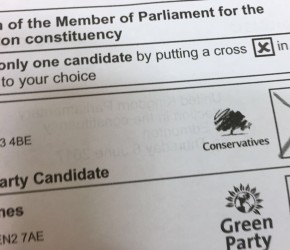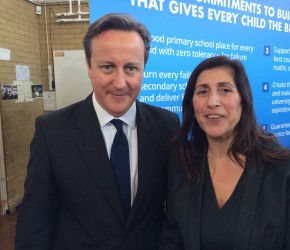
I used a postal vote to vote in the 2014 Local Elections in May because I was a candidate in Edmonton and I wanted to be visible in Haselbury ward on polling day. I wanted to make sure that I voted but because I knew I would be busy I applied for a postal vote. In casting my postal vote I realise how open to abuse a postal vote could be and that it would be very easy for someone other than the voter to cast the vote.
I think that there should be electoral reform regarding postal votes however I do not believe that removing postal voting is the answer, much as I would like it to be. Voting in person is a more secure method of ensuring that the voter is the person they claim to be particularly as reforms planned for this year by the Electoral Commission will require proof of identification to be shown at polling stations.
The turn out at Haselbury was under 40% and it is likely that the turn out will continue to decrease in the future, particularly in local elections. Politics needs to engage with younger voters and until there is an online method of voting I suspect that many of generation z will not cast their vote when they come of age.
Postal voting needs to have security applied to it that a voter would not easily give out; for example I wouldn’t give just anyone my banking password or my National Insurance number. When I have applied for a passport there is a secure process to follow and this ensures that you are the person applying for the document and this is the sort of check that should be used for postal voting.
At present all that is required to cast a postal vote is date of birth and signature; this really is not secure enough as people will easily give out their date of birth. Recently I have given my date of birth and signature to my dentist, a high street shop, my political party, my doctor and loads more. Recently I have given my National Insurance number or Passport number to no-one. My point is make it harder for fraud but make voting easier.

